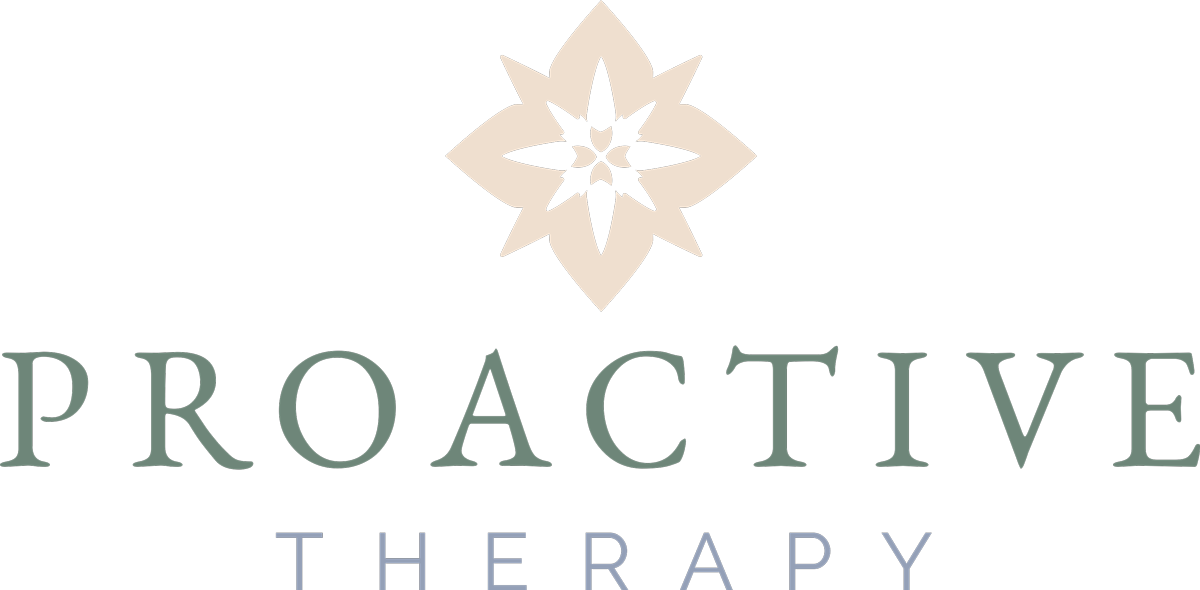What to Talk about in Therapy on 'Good Weeks'
Once you have shared the story of what brought you to therapy and perhaps that initial crisis has passed, you might find yourself wondering, “What am I supposed to talk about today?” This question can bring up a lot of discomfort, particularly when you know you have an hour of therapy where the focus is going to be on you!
We are programmed to avoid sources of discomfort, so this is usually the point where people have the urge to cancel sessions. But (assuming you haven’t met all of your treatment goals) it’s also the time where you might do some of your best work!
Why? Once we are out of pre-rehearsed material, we are free to simply become curious observers of our experience. It’s not uncommon to achieve new insights on “good weeks” where there is “nothing to talk about.” Often, the issues and emotions that were lying quietly in the background while you were addressing the initial crisis now have the space to enter the foreground of your awareness. It was at the end of a “good week” that a client once shared, “I’ve always had an intense fear of growing old. I don’t know what I’ll do with that stage of my life. That fear has haunted me for years and I’ve never shared it with anyone before.”
Not only might we increase our awareness on good weeks, we might also have more emotional resources to address what we learn about ourselves. It’s much easier to work on longer-term goals and establish new patterns of behavior on “good weeks.” It’s incredibly difficult to practice mindfulness or think about what you want to do with your life when your thoughts are racing a mile a minute or you’re flooded with emotion. Once our thoughts and feelings start to settle, we can more easily learn new skills and pursue what really matters.
Finally, research shows that consistent sessions are linked to treatment gains. When people start skipping sessions, therapy becomes reactionary. We end up using the time to put out fires rather than making forward movement. By coming in regularly, you maintain a strong therapeutic relationship and practice willingness to work on yourself rather than avoiding.
How to make the most of “good weeks” in therapy
Take notes
Use the Notepad App on your phone to jot down a few observations from each day. It’s harder to remember bumps in the road when they are small, but those bumps are usually just a smaller version of the same mountainous crises that pop up from time to time. Recording these observations helps increase Mindfulness and generates content for your sessions. Just 10 words a day can have a big impact.
Use structured reflection
Arrive 15 minutes early to collect your thoughts. Ask yourself: What did we talk about last time? How did I feel about the session? What would I like to focus on this time?
Review goals
Ask to review your treatment goals with your therapist. What have you achieved? What’s left to work on? Are there new topics to add? This can help refocus your work. Often there are goals we set aside (and possibly forgot about) to attend to the initial crisis.
Think long term
Maybe use your session today to generate some longer-term goals that you’d like to work on when the stressors of life temporarily ebb. How would you like to treat yourself and others? What would you like to be doing more of? What do you want to stand for?
Reinforce success
Use the session to explore what’s going well. Uncovering why it’s been a “good week” can help us recognize workable patterns of behavior and reinforce those behaviors so that we are more likely to continue them automatically.
